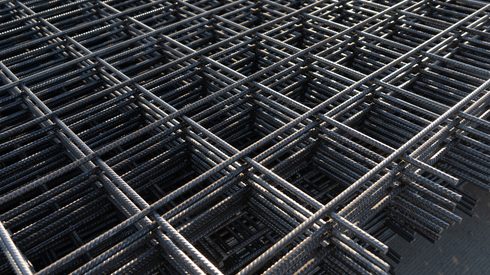Domestic
Fastmarkets’ price assessment for steel hot-rolled coil domestic, ex-whs Eastern China was 3,570-3,580 yuan ($501-503) per tonne on Monday, up by 100-110 yuan per tonne from 3,460-3,480 yuan per tonne on Friday.
Since late last month, China’s central government has released several policies to bolster the economy, including lowering the one-year loan prime rate and the reserve required ratio.
Chinese Premier Li Qiang emphasized the implementation of such policies during a meeting on Friday.
Local governments, such as Guangdong, Jiangsu and Hebei, have also convened meetings to discuss ways to boost the economy during the fourth quarter. For instance, Guangdong plans to organize consumer promotion activities to stimulate the consumption of goods like automobiles and home appliances, sources told Fastmarkets.
Analysts said they expect the supportive policies by central and local governments to boost China’s economic recovery.
But the increase in prices did not stimulate trading in the spot market; instead, buyers remained cautious about buying HRC, expressing doubts about the sustainability of policy-supported price increases over the long term.
A trader in Shanghai said his sales volume of HRC did not increase from Friday.
Export
Fastmarkets calculated its steel hot-rolled coil index export, fob main port China at $511 per tonne on Monday, up by $13 per tonne from $498 per tonne on Friday.
Small steel mills in China offered HRC at $510-513 per tonne FOB China on Monday, up by $10-13 per tonne from $490-500 per tonne FOB on Friday, following the sharp price rise in the domestic market.
Sellers did not plan to give discounts and buyers did not submit any bids. The last bids were heard at $495 per tonne FOB China, submitted by Vietnamese buyers last week, sources said.
Buyers had expected Chinese HRC export prices to be at a low level because of Vietnam’s anti-dumping probe into hot-rolled steel originating from China and because the quality certifications for Chinese mills issued by the Bureau of Indian Standards (BIS) will expire in early November.
It may take few days for foreign buyers and Chinese sellers to reach an agreement on HRC prices, an exporter in China said.
Market chatter
“Some downstream industries, such as home appliances, are recovering, which will support the demand for HRC. But questions remain around the high production rates of HRC. Mills will need to balance output and sales in the fourth quarter, otherwise HRC prices will be under downward pressure,” an industry analyst said.
Shanghai Futures Exchange
The most-traded January HRC futures contract on Shanghai Futures Exchange closed at 3,615 yuan per tonne on Monday, up by 75 yuan per tonne from the closing price of 3,540 yuan per tonne on Friday.
Fastmarkets’ steel price data combines the intelligence of industry-leading brands such as Metal Bulletin, American Metal Market, Scrap Price Bulletin and Industrial Minerals. Learn more about our steel prices.






